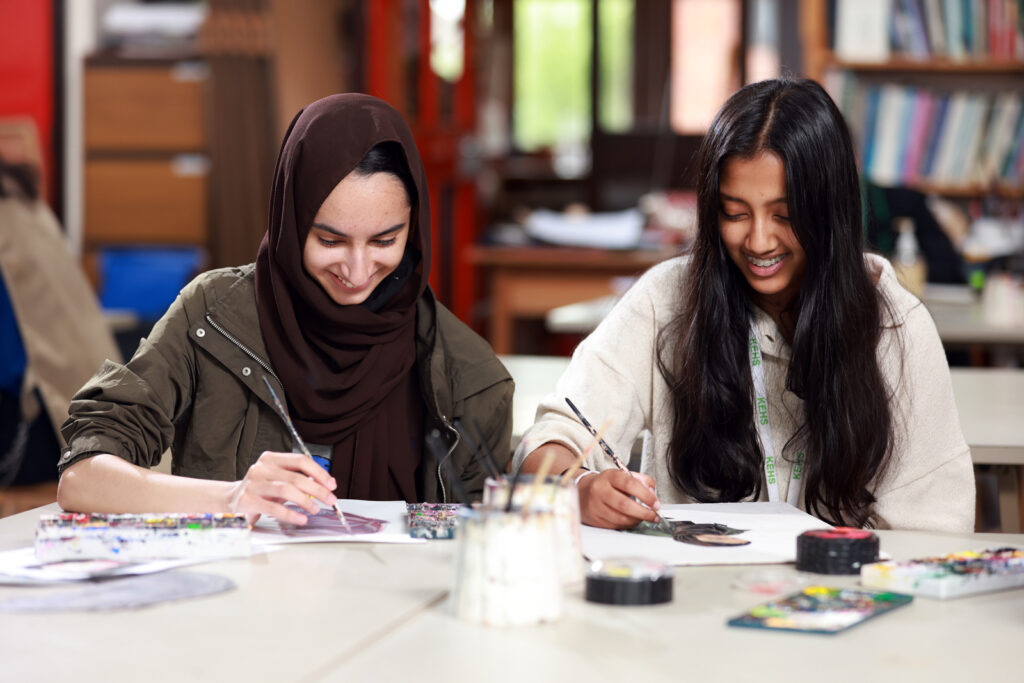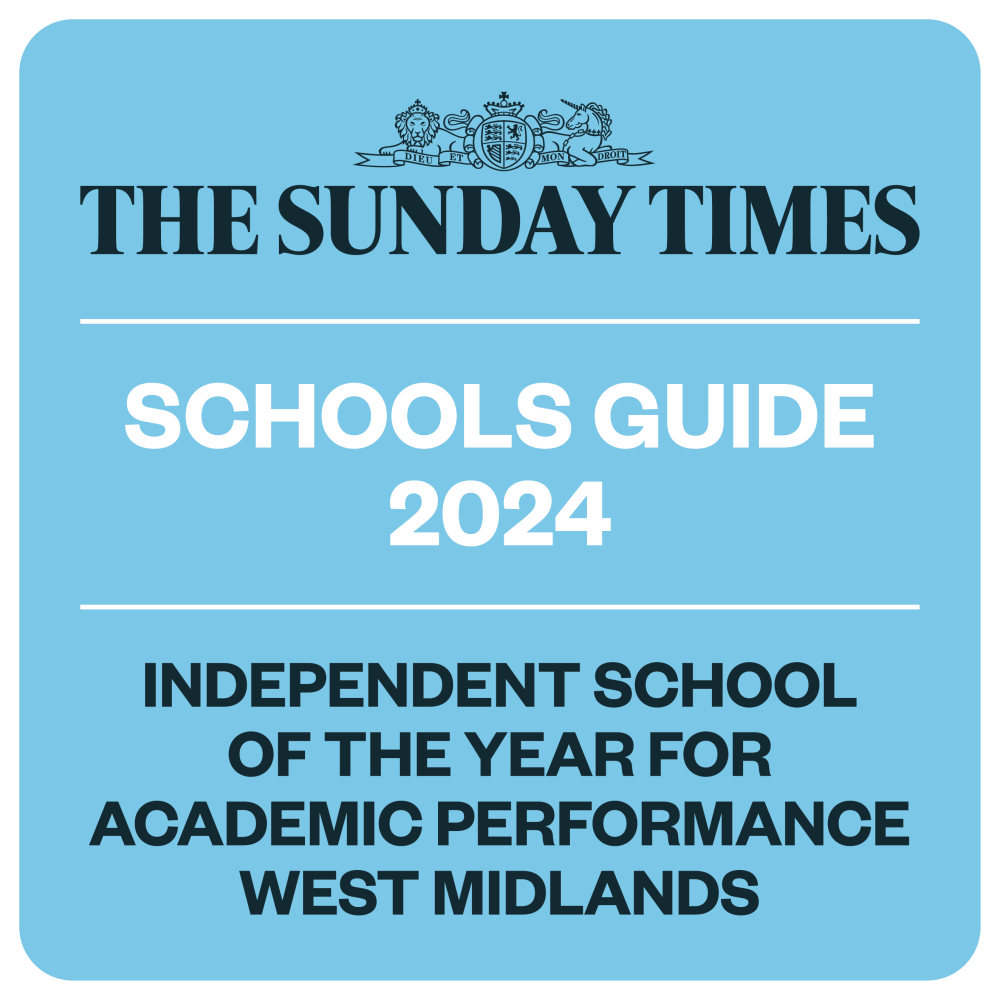Our exciting Sixth Form enrichment programme has been designed specifically for our students at KEHS.
It includes core sessions on study skills, current affairs and wellbeing and a wide range of choice from stage crew to sailing, for example, or from community service or photography to engineering. Some activities provide memorable experiences, while others might develop into lifelong hobbies.
Lower Sixth Enrichment Lessons
Lower Sixth Enrichment Lessons are delivered every Tuesday during periods 4 & 5. Students complete five courses, which rotate. Teachers deliver courses that are of particular importance in the world today and are designed to stimulate open debate, alongside discovery of areas of learning not covered in the students’ main examined curriculum.
Many courses follow current events and students are encouraged to keep abreast of what is happening in the world around them in order to fully engage with these sessions.
The courses for 2023-24 are:
- Cross-Curricular Workshops: Dr Simpson
- Current Affairs in Science and Technology: Mr Holland
- Global International Politics: Dr Limm
- A Primer in Modern Feminism and Theory: Mrs Shore-Nye
- Steps into the Future: Dr Ollis.
In addition to these taught courses, there are also talks from visiting speakers during the enrichment lessons. These are designed to inspire interest in various extra-curricular topics or prepare students for the next step after school.
During the summer term, time will also be spent learning about UCAS, the university application procedure, and on help in choosing a degree course or another route after students finish school.
Subject-focused Enrichment and Extension Lessons
Our unique programme of Subject-focused Enrichment and Extension Lessons are a great way for our students to develop and extend their understanding of a specific subject, whether in preparation for university admissions, including entrance exams and interviews at world-class institutions, or simply to go deeper into a subject that they have a particular passion for.
Find out more about our extensive enrichment activities below:
Biology is a fascinating subject that captures the interest of students everywhere. From the smallest microorganisms to complex ecosystems, the study of life sciences has allowed us to better understand the world around us and the processes that sustain life.
For those who want to take their understanding of biology to the next level, the extension sessions offer a unique opportunity to deepen their knowledge and explore the subject in greater detail.
The Biology extension sessions are specialised classes that provide opportunities to study areas outside of the curriculum, including cell signalling pathways, the glymphatic system and medical ethics. They also allow students to think creatively and critically about different aspects of Biology.
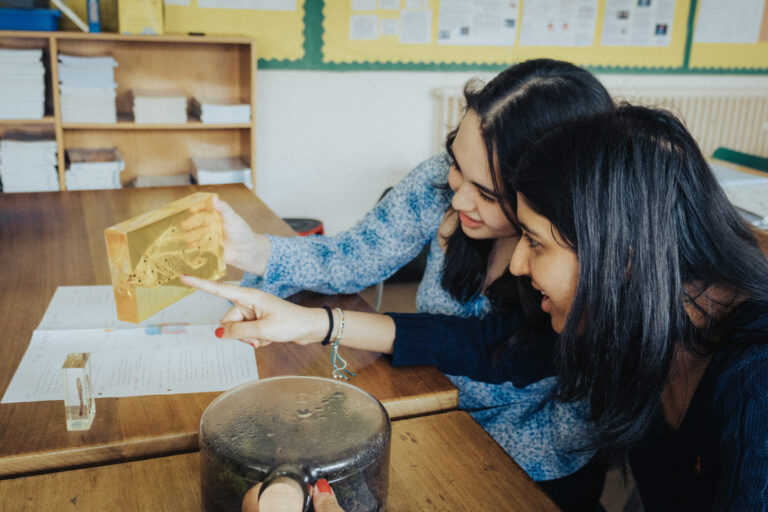
Students have the opportunity to lead sessions and develop their communication and presentation skills, as well as share their ideas and insights.
The Chemistry enrichments are challenging sessions to help prepare students who would like to participate in the Chemistry Olympiad and Cambridge Chemistry Challenge through sessions that look through past paper questions and topical issues of the day.
In addition 2xCPD RSC sessions looking at exam prep as well as getting extra resources from CPD lead. These are disseminated to students.
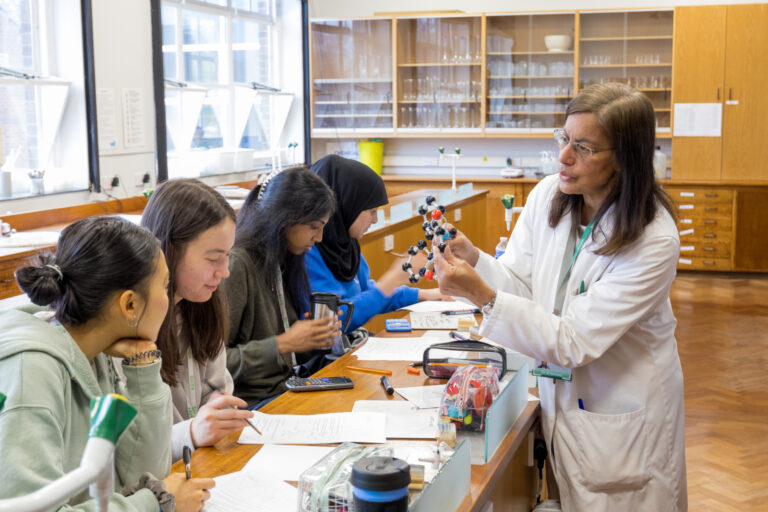
In English Enrichment, students are encouraged to broaden their awareness and critical knowledge beyond the limits of the curriculum, encountering both canonical texts, as well as a diverse range of literature representing often excluded or otherwise marginalised voices.
Beginning with a tour of key representatives in the chronology of English literary history, we expand to consider post-colonial voices, wider Anglo-American readings, as well as contemporary avant-garde work, all reflecting the panoply of traditional, as well as current social and cultural positions.
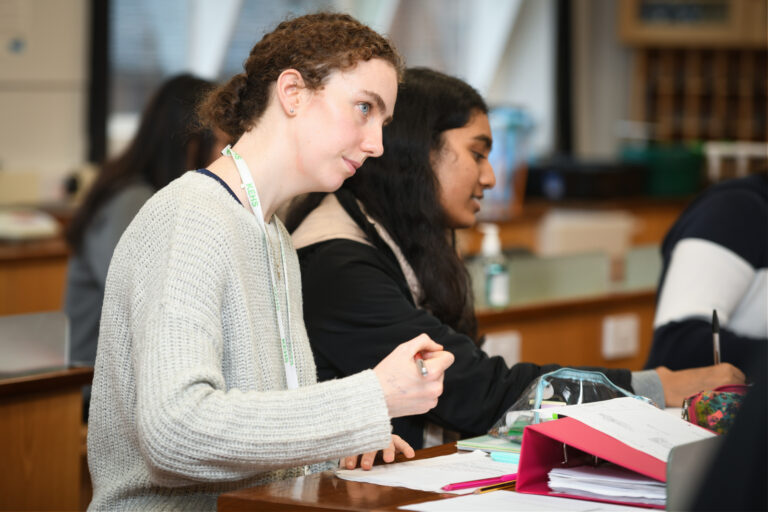
In addition, students are equipped with an understanding of Theory and Critical Perspectives that underpin the discipline at University level, to further assist their formation as English Literary scholars.
French Enrichment lessons aim to go beyond the curriculum and focus on French Literature. We discuss and work on extracts from French novels, poems, essays, and learn how to analyse literary texts in French.
In a nutshell, pupils are given time to acquire cultural knowledge while also reflecting on methods to analyse a text in a different language. Enrichment lessons are also a time when pupils can strengthen their language skills and work on specific grammatical points.
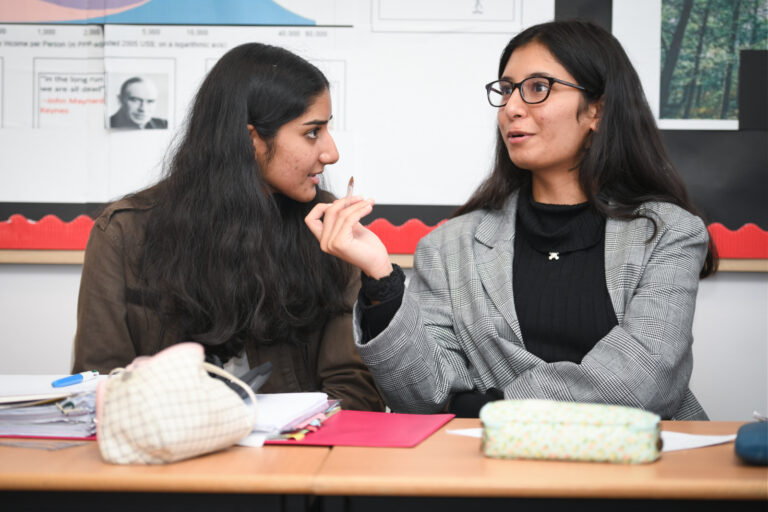
Towards the end of the school year, we spend some time breaking down and reinforcing complex grammatical structures in preparation for University entrance exams.
In Geography enrichment sessions, students engage in a variety of activities and discussions. We begin with exploring the history of Geography as an academic discipline and consider the inextricable links between the human and physical components of the subject.
Throughout the year, students will interpret, analyse and critique various geographical models and theories. Knowledge and understanding of such theories is then applied to unfamiliar examples of landforms, landscapes and processes to help to make sense of, and broaden understanding of, the ever-changing world around us. Discussion of topical issues appearing in the news is a regular occurrence in sessions.
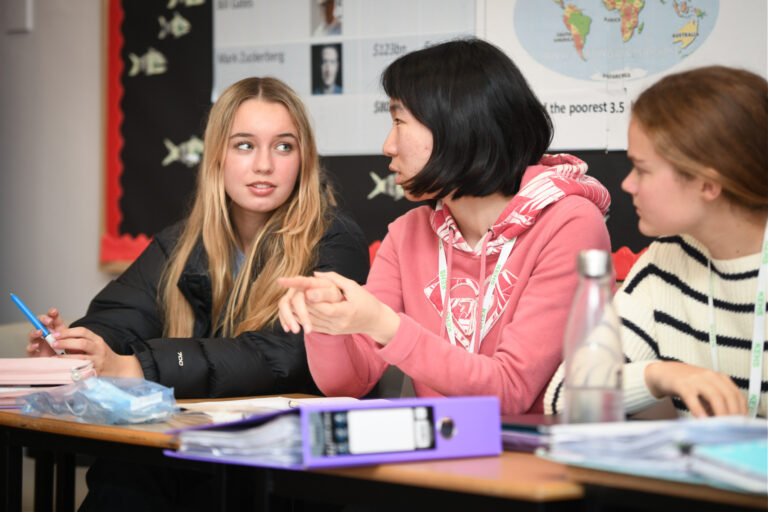
Our German enrichment classes enable our pupils to go beyond the confines of the A Level specification and explore areas which are not necessarily part of the exam. For example, we can look at poems, short stories and novels which are not part of the A Level course and we can also explore niche grammar areas which go beyond the expectations for A Level.
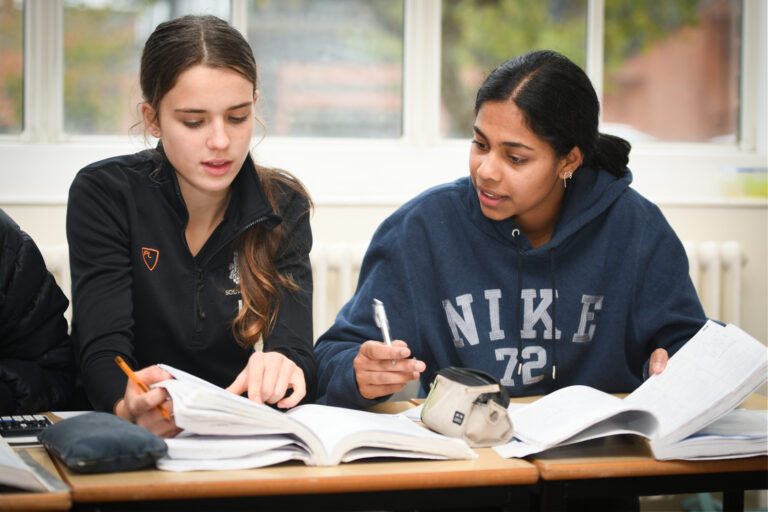
The focus of our History enrichment classes has been on the theory of history – what is it historians do? Why do they do it and to what end? Should we constantly be re-writing history in light of the present – do we actually write more about the present than the past when we write history by reflecting modern judgements in our interpretation of the past? Does this undermine the practice, or make it all the more vital to keep re-evaluating to correct misconceptions? If we leave history as it has already been written, do we mold the perceptions of the future adversely? So by ignoring the role of women or accepting past interpretations on the role of minorities or the working class, do we condemn them in the present? By re-interpreting the past as a counter to this, are we guilty of judging them by today’s standards and condemning everyone in power/ creating a culture of guilt and iconoclasm?
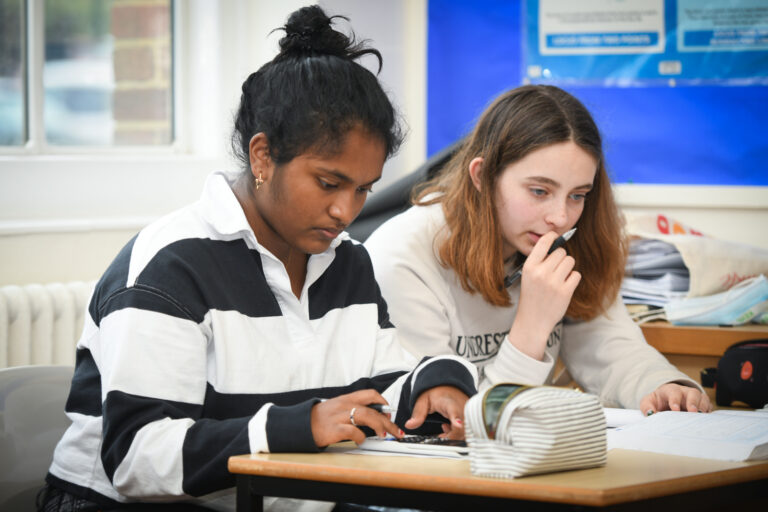
We have also looked at how historians do their job. Do they select evidence based on their prior assumptions? Do they mislead readers by that curation of information? How can one get around it? Does it matter?
Students are set challenging problems that stretch them beyond the realms of the A level syllabus. Tackling this style of problem helps to prepare them for university entrance exams such as MAT (the Oxford entrance paper), STEP (the Cambridge entrance paper) and TMUA ( a paper used by several universities in their selection process).
Beyond this, the students develop the skills and tenacity required for university studies. During some of the sessions, students get to present the solutions at the board and have to justify their reasoning and methodology.
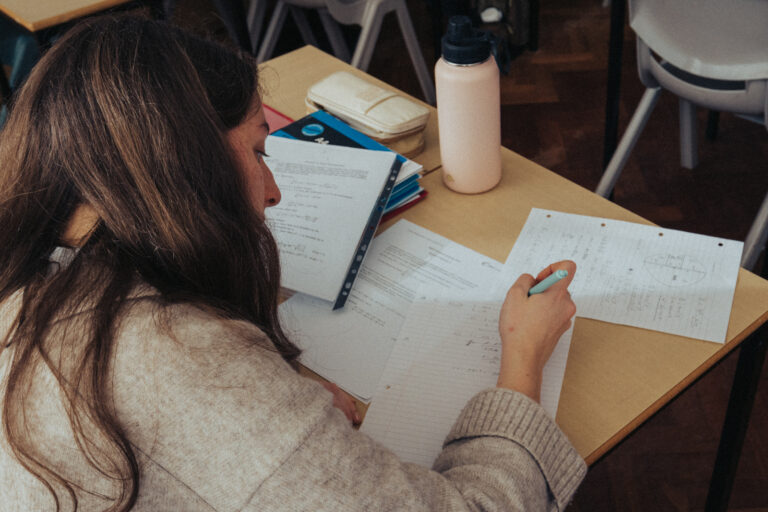
The aim of the physics enrichment sessions is to encourage students to use their existing physics knowledge and apply it in new areas. We tackle examples that necessitate lateral thinking and strengthen students’ understanding of physics and their problem-solving skills.
Students at the sessions will also get the opportunity to broaden their knowledge, by looking ahead in the A level course and beyond, allowing them to tackle higher-level problems and find out a little more about physics beyond the curriculum.
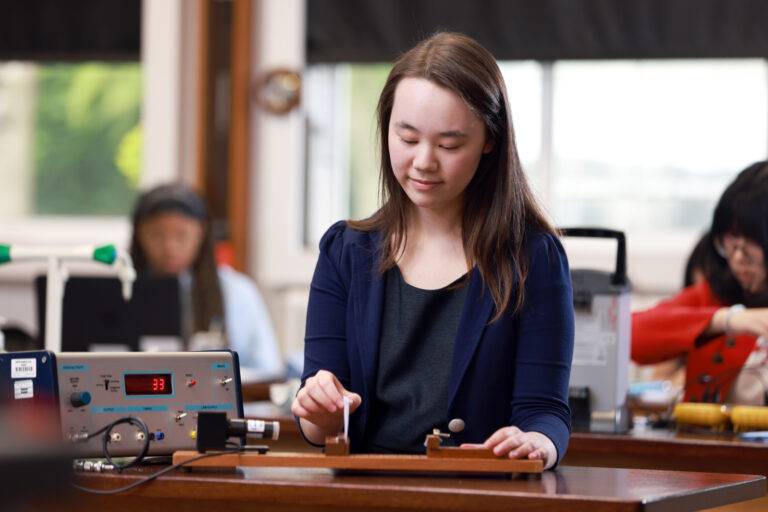
Psychology enrichment lessons aim to go beyond the A-level specification to consider topics in more depth or cover content which is not covered in the curriculum. We cover topics such as: Animal intelligence, Forensic Psychology and Neuroscience as well as Careers in Psychology and routes into different pathways in Psychology.
Towards the end of the year the enrichment lessons are used to help prepare the team entry to the National Psychology Competition.
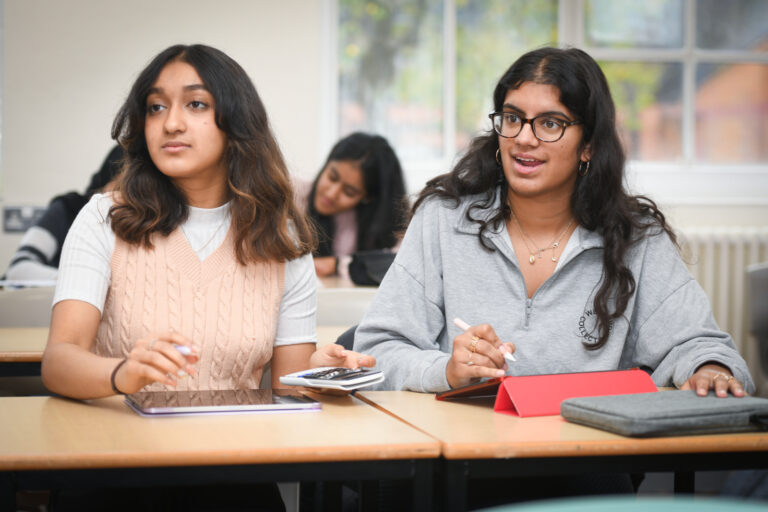
We have recently launched our first interdisciplinary enrichment lesson for Sixth Form Psychology and Theatre Studies students. Over the course of four weeks, the group will study Lucy Prebble’s play ‘The Effect’, whilst focusing on a different aspect of the psychology of love, including dopamine, the brain, explanations of depression and psychological concepts in drug trials.
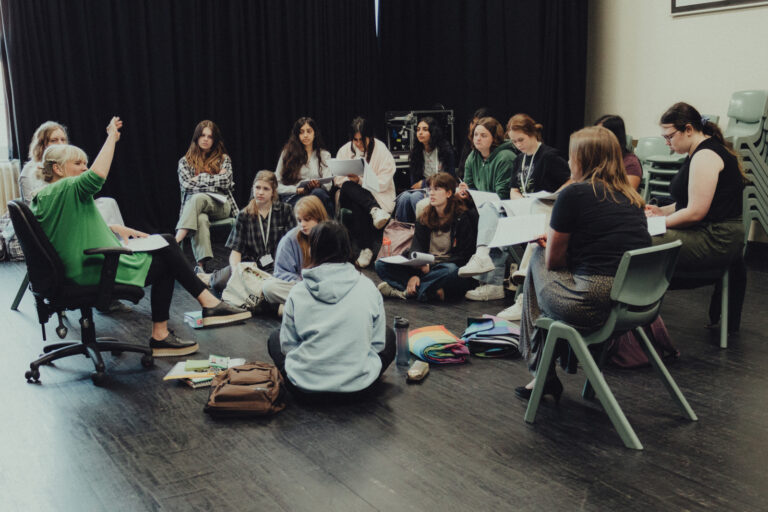
These lessons aim to stimulate the students’ intellectual curiosity about areas of Hispanic Culture not covered in the syllabus or topics that they want to discuss, research and explore in greater depth. They also provide some practice for entrance exams to competitive universities.
The lessons comprise discussion of articles, video clips, literary texts and poetry, with topics ranging from mining in Chile to the introduction of bitcoin in Honduras, according to the interests of the students.
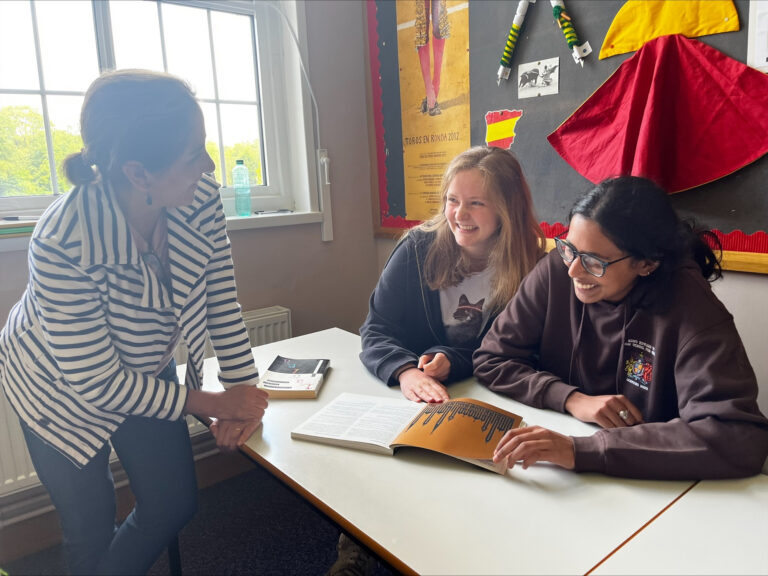
On Friday afternoons, all Sixth Form students can opt to develop skills in a variety of areas, including First Aid, Sailing, Textiles, Photography, Lifesaving, Stage Crew or working as a team to produce the School’s high quality magazines: Phoenix and High Profile. Many girls also complete Community Service during this time – supporting members of the local community by volunteering in schools, care homes and hospitals.
The Enrichment course sometimes breaks from lessons, and Friday activities, in order for a year group to attend lectures and workshops, delivered by outside speakers and experts, or to further their community service involvements, by planning and delivering parties for the elderly or helping with a trip, which takes local primary school children to a farm.
